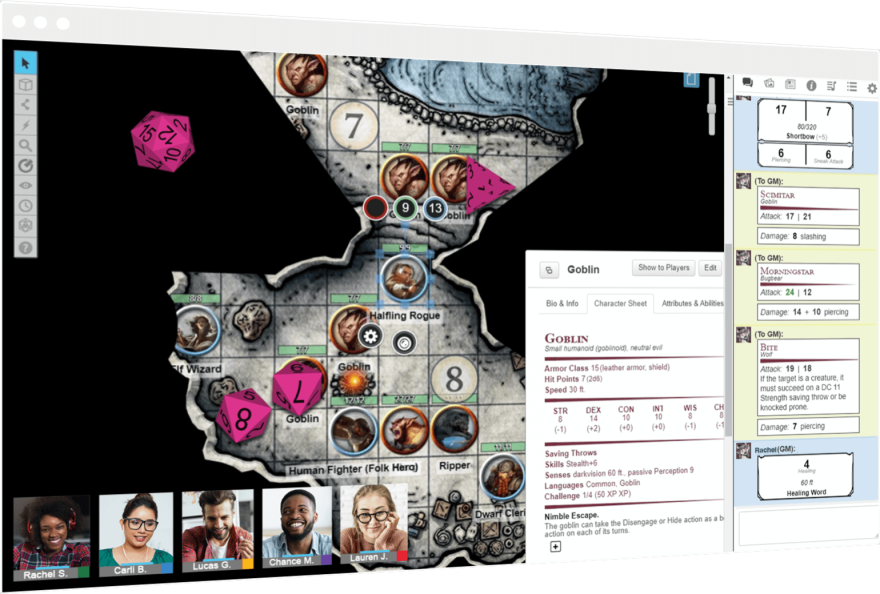When people started staying at home due to the coronavirus pandemic, we all looked for things to do for fun to keep us occupied while staying in the house. One major outlet is games.
Gaming app usage saw a 132% increase during the last week of March as people looked to connect remotely through virtual and online games. Jackbox Games has seen a 500% to 1,000% increase over the year in sales and traffic, and it still might be a bit difficult to get your hands on a Nintendo Switch.
But what about card and tabletop games like Cards Against Humanity or Settlers of Catan? Unless you’re living with others, tabletop games aren’t safe to play right now, and many companies have moved board games to digital platforms in response to demand.
However, writer and games expert Jim Lowder notes that the pandemic didn’t necessarily spur the massive move to gaming remotely.
"It’s an interesting time, obviously for everyone, but for gaming, this happened in the middle of a transition that was already going on. There was already a migration to online gaming that was happening in tabletop and this has accelerated it," he explains.
"There was already a migration to online gaming that was happening in tabletop and [the coronavirus pandemic] has accelerated it."
"Geek media" like digital and tabletop games have become part of the mainstream culture over the last decade says Lowder, which fortunately put a lot of games on our collective radars before the pandemic hit. As games have developed they've also expanded out to a wider audience, which is in part why people of all ages are playing the ever-popular Animal Crossing — a game that sold 5 million digital copies in March.
Lowder says there are two positives that come out of games like Animal Crossing during a pandemic: you have a feeling that you control your environment and you can build community.
https://www.youtube.com/watch?v=_3YNL0OWio0
"Animal Crossing is one of those games you either get or you don't," he notes. "It is in a lot of ways doing digital chores ... but it's also a way to build community and you go through in the game and you set up and island and you have virtual visitors, but you can also have real visitors."
From strictly digital games and applications to virtual tabletops, role-playing games (RPGs) to trivia — "Everything at this point is figuring out a way to present the experience virtually in a way that captures what appeals to players in real life," says Lowder.
RPGs can last up to four hours on average when played in person, but when playing virtually, game time is typically cut in half, which is "much more successful," according to Lowder. "I think that role-playing games, especially because they are essentially group storytelling work very well virtually," he says.
Another positive of online gaming is that connections are even greater since you aren't limited by physical space.
Even if you don't have a regular gaming group, all of the online options allow you to drop in on pick up games and play with strangers. No matter the medium, Lowder says finding ways to tell stories and create memories together can help transcend everything else happening.

Online Gaming Recommendations
Virtual tabletops for role-playing games:
Virtual tabletop for board games:
Print at home:







